April 16, 2025 | 11:25 GMT +7
April 16, 2025 | 11:25 GMT +7
Hotline: 0913.378.918
April 16, 2025 | 11:25 GMT +7
Hotline: 0913.378.918
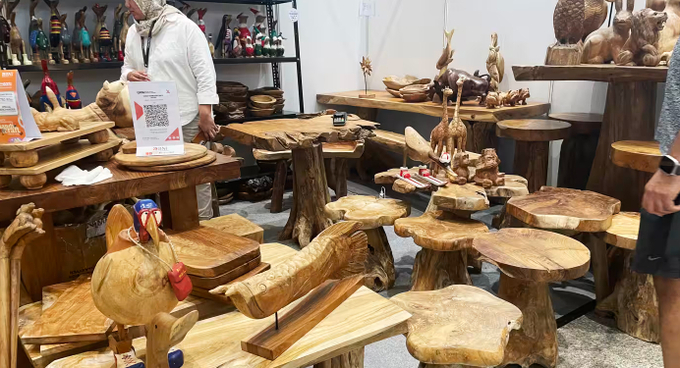
Indonesia's furniture and handicraft industry is facing pressure due to a new European Union regulation aimed at fighting deforestation. Photo: Nana Shibata
Indonesia is looking to carve out new markets for its furniture and wooden goods as one of its top buyers, the European Union, is gearing up to implement a new rule to help preserve the world's forests.
The EU Deforestation Regulation (EUDR) requires importers of commodities such as palm oil, coffee and cocoa to generate a due diligence statement proving their products do not come from deforested land or have not led to forest degradation. Traders and other organizations selling products in the EU will have until late 2024 to comply with the EUDR. Micro and small enterprises, however, are exempt from the due diligence until mid-2025.
"We previously exported our furniture to [countries in] Europe such as Germany, but not anymore because of more regulation," Esther Cecilia, marketing representative for a furniture and wooden handicraft goods maker based in Yogyakarta in Indonesia's furniture hub in the central Java region, told Nikkei Asia.
For 15 years, the company has been a manufacturer and exporter of wholesale furniture, but it now focuses on producing small goods such as cutting boards and wooden tableware for restaurants and hotels in Southeast Asia. "Now, we focus on [the] Asian market such as Hong Kong and Singapore because, for example, Singapore has regulation which is less strict than Europe," she said while attending a recent furniture and handicraft exposition in Jakarta.
Indonesia's forests contain up to 15% of the world's known plants, mammals and birds, according to Greenpeace. "But in the last half century, more than 74 million hectares of Indonesian rainforest -- an area twice the size of Germany -- have been logged, burned, or degraded," the environmental group says on its website.
The Indonesian government sees the new EU rule as affecting around 15 million to 17 million of the country's smallholders from seven domestic commodities such as wood, cattle, cocoa, palm oil, soybeans and rubber.
Trade Minister Zulkifli Hasan said in July that the regulation is "very discriminatory," adding, "We will fight back, negotiate, fight." In June, Malaysian Prime Minister Anwar Ibrahim and Indonesian President Joko "Jokowi" Widodo, who was a furniture businessman before entering politics, affirmed their pledge to cooperate in protecting industries. The two countries are the world's largest palm oil producers and have criticized the EU regulation, calling it harmful to small farmers.
Indeed, the country's furniture and handicraft industries are facing challenges due to weakening exports. In the third quarter of 2023, the sector's exports reached $1.8 billion, down 28% from the previous year "due to the geopolitical and inflationary conditions that are hitting the global market," according to the Indonesian Furniture and Handicraft Industry Association (HIMKI).
Abdul Sobur, general chair of HIMKI, said in a statement that it is currently targeting emerging markets or markets beyond traditional ones such as Europe and the U.S. The decline in the key destination for Indonesian wooden furniture and handicrafts prompted the association into immediate action, calling on industries to expand new markets to fill the void. "One of these market niches is India, with very rapid growth," he said.
"India will continue to grow exponentially over the next decade along with the expansion of infrastructure and connecting large cities as well as various government programs that encourage the construction of new residential areas and the increasing number of office areas," he added.
The association sees African markets, such as Egypt, as having potential, as well ASEAN, the Association of Southeast Asian Nations. It said the ASEAN Free Trade Area, or AFTA, which aims to reduce internal tariffs, will help expanding the customer base in the region.
To promote sales, Indonesia has introduced its own Timber Legality Assurance System (SVLK) which ensures that wood used as raw material comes from legal sources and has a clear origin. But it lacks international recognition.
"The challenge is how to make the SVLK scheme acceptable as part of the EUDR," Bernardino Vega, vice chairman for international relations at the Indonesian Chamber of Commerce and Industry (Kadin Indonesia) told Nikkei.
Kadin Indonesia works to expand new business opportunities that prioritize "fair and sustainable trading practices" with partners in nontraditional markets including those outside the EU, Vega added.
"Beyond the implementation of the EUDR, we underline that the macroeconomic challenges, such as the global economic slowdown, are one of the main reasons for expanding Indonesia's nontraditional markets beyond existing trading partners," he said. "This is in line with world demand trends where the center of world economic growth is also shifting from developed to developing countries."
(Nikkei)
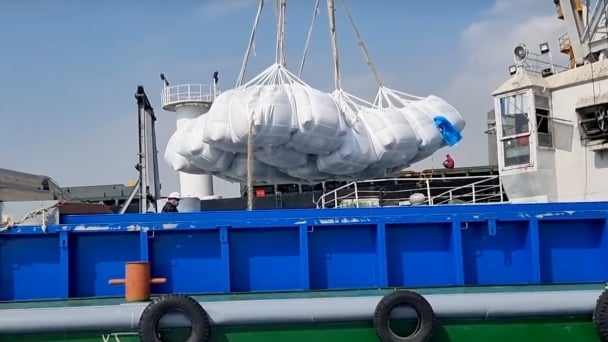
(VAN) The Philippines is making efforts to diversify its rice import sources in order to reduce its dependence on Vietnamese rice. However, Vietnamese rice has managed to maintain its strong position in this market.
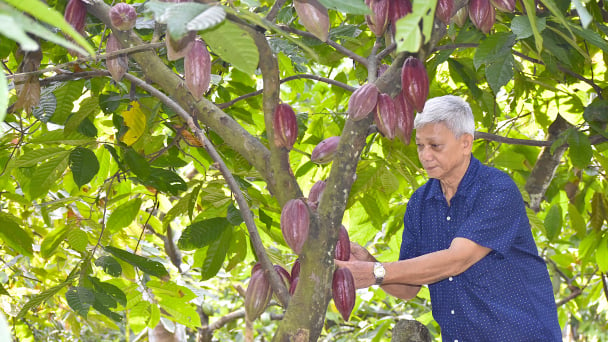
(VAN) In the Mekong Delta, cocoa has provided stable economic returns for many years. Recently, a surge in cocoa prices has created a strong incentive for farmers to expand their cultivation areas.
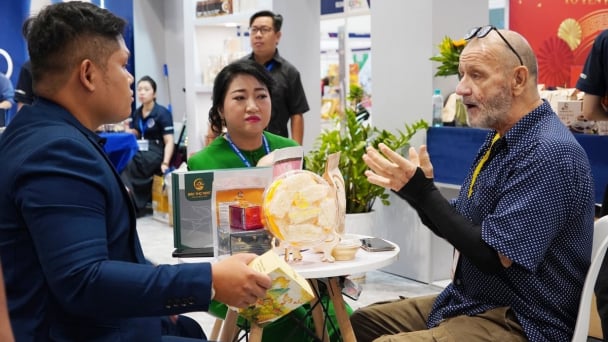
(VAN) Product quality, branding strategy, and technology innovation are key factors for Vietnamese bird’s nest to establish its foothold on the global map.
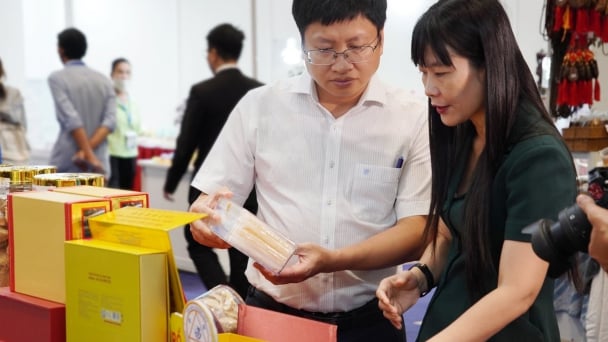
(VAN) KOCHAM Deputy President expects that Vietnam would accelerate innovation and development of bird’s nest-based products as a representation of Vietnamese culture.
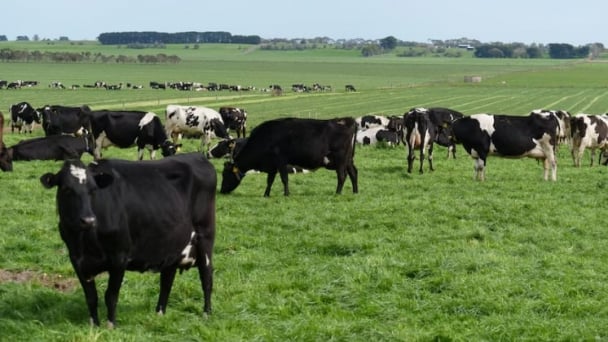
(VAN) Imported dairy products are weakening the local industry, according to dairy farmers and processors.
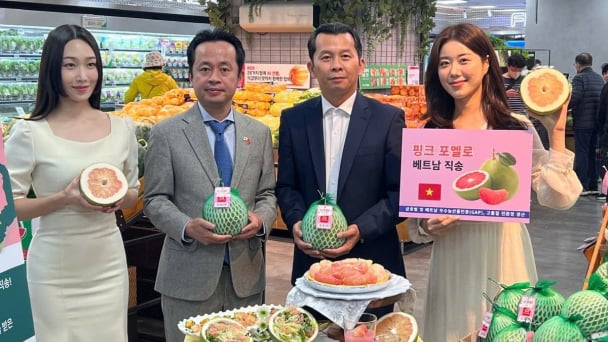
(VAN) April 10 marked a significant milestone for Vietnam's agricultural exports as Vietnamese pomelos officially became available at the Lotte Mart supermarket chain in South Korea.
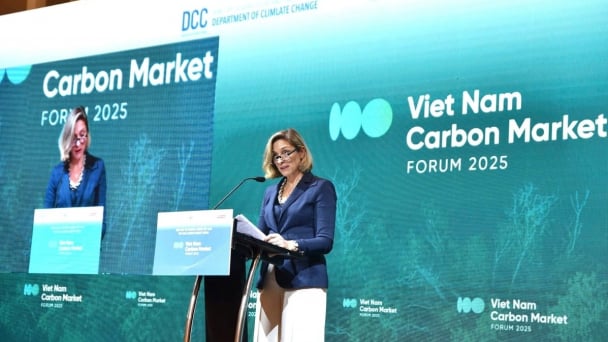
(VAN) Vietnam is focusing on developing the legal framework and technical infrastructure for the carbon market, with committed support from global financial institutions.